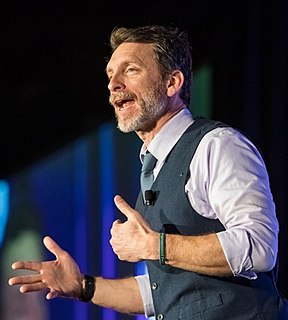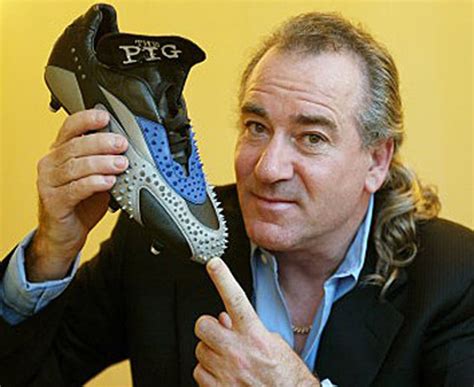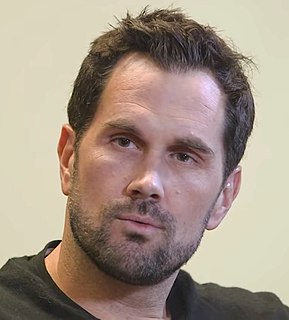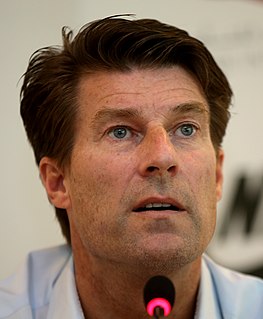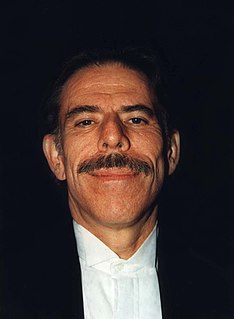A Quote by Reid Hoffman
What happens during recessions, is you have less windfalls just helping you cover mistakes. You have to be more careful about not making mistakes.
Related Quotes
During normal times or boom times, there are some parts of the business that are going to so well, that that can cover for weakness and other parts of the business. What happens during recessions, is you have less windfalls just helping you cover mistakes. You have to be more careful about not making mistakes.
What do you first do when you learn to swim? You make mistakes, do you not? And what happens? You make other mistakes, and when you have made all the mistakes you possibly can without drowning - and some of them many times over - what do you find? That you can swim? Well - life is just the same as learning to swim! Do not be afraid of making mistakes, for there is no other way of learning how to live!
It is one thing to make a mistake, and quite another thing not to admit it. People will forgive mistakes, because mistakes are usually of the mind, mistakes of judgment. But people will not easily forgive the mistakes of the heart, the ill intention, the bad motives, the prideful justifying cover-up of the first mistake.
You have to have the kind of personality where you're resilient and you can get up and keep moving and learn what there is. What I tell my employees is, 'I want you to make mistakes. If you're not making mistakes, you're not trying hard enough. But, when we make a mistake, let's all study it. Let's all learn from it. After that, we want to make different mistakes. We don't want to keep making the same mistakes.'

